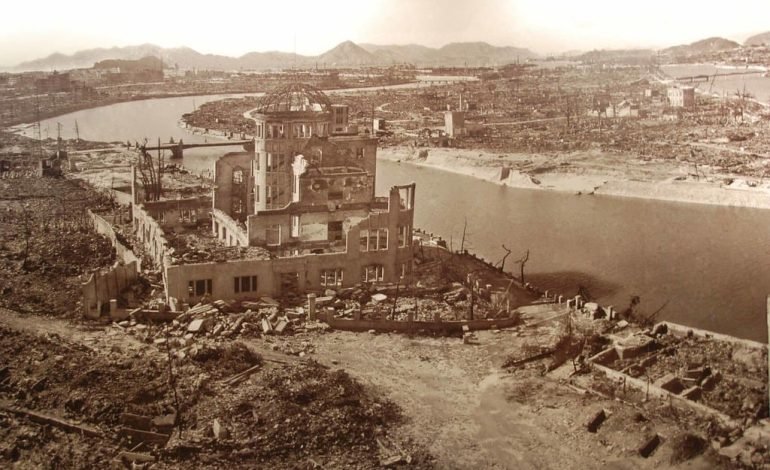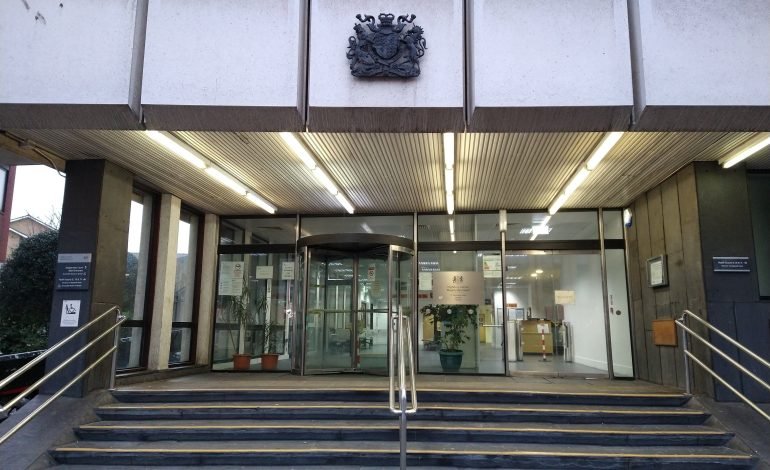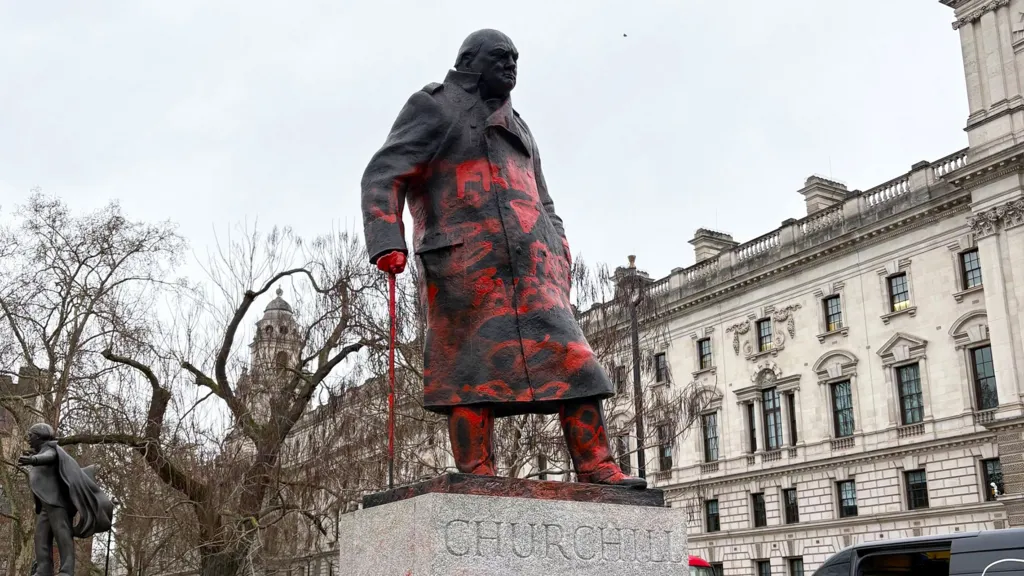Nobel Peace Prize Honours Hibakusha Advocate Terumi Tanaka’s Lifelong Mission for Peace

This year, the Nobel Peace Prize winner Terumi Tanaka honours one of the last living witnesses to the horrors of atomic warfare, recognising a lifelong mission for nuclear disarmament. Terumi Tanaka, a hibakusha from Japan and survivor of the Nagasaki bombing, has dedicated his life to advocating for a world free from nuclear weapons. At 91, Tanaka uses his platform to reach younger generations, sharing his message of peace and emphasising the need to learn from history to build a safer future.
Representing Nihon Hidankyo, the Japanese organisation of atomic bomb survivors, Tanaka has long been at the forefront of anti-nuclear activism. The Nobel Peace Prize award shines a light on Terumi Tanaka’s tireless efforts, which he began as a young man determined to ensure that the tragedy of Hiroshima and Nagasaki is never repeated. “We need to properly communicate with younger people,” Tanaka said, explaining that this honour represents a final opportunity for hibakusha to spread their message as their numbers dwindle. With an average age of over 85, fewer survivors remain each year to tell their stories.
Nihon Hidankyo was founded in 1956, just over a decade after the atomic bombings devastated Japan. For nearly seven decades, the organisation has called for global nuclear disarmament, often standing against the policies of Japan’s own government, which relies on the U.S. nuclear umbrella. The Nobel Peace Prize recognition honours not only Tanaka’s advocacy but also the collective voices of hibakusha who have shared their painful memories in hopes of preventing further nuclear destruction. While Tanaka acknowledges the emotional toll of reliving these memories, he views it as a necessary part of his mission to build a world that renounces nuclear weapons.
Tanaka’s award has inspired hope among younger generations in Japan, with students joining him at the announcement ceremony, pledging to carry on his work. Wakana Tsukuda, a high school student inspired by Tanaka’s journey, shared her dedication to the cause, saying, “The Nobel Peace Prize has strengthened my resolve to help build a future free from nuclear weapons.” Across the country, young people are joining organisations dedicated to nuclear disarmament, working alongside hibakusha to document their testimonies and ensure their legacy lives on.
The Nobel Peace Prize Terumi Tanaka award also serves as a reminder of the international community’s role in supporting nuclear disarmament. For decades, Japan’s hibakusha have faced challenges not only from the health effects of radiation but also from the difficulties of advocating for change in a world still influenced by nuclear power politics. With leaders like Terumi Tanaka, the hibakusha movement has transcended national boundaries, bringing their message to global forums and reaching people far beyond Japan’s shores.
The bombings of Hiroshima and Nagasaki killed over 200,000 people, leaving deep scars on those who survived. The Nobel Peace Prize reminds the world of the enduring impact of these events and the importance of ensuring they are never repeated. In the UK and beyond, this recognition of Tanaka’s efforts encourages a renewed commitment to nuclear disarmament, inspiring communities to remember that a future without nuclear threats is a goal worth pursuing.
As the hibakusha movement continues to inspire new generations, Terumi Tanaka’s message of peace stands as a powerful testament to resilience and hope. For further updates on global nuclear disarmament efforts and the ongoing legacy of the hibakusha, visit EyeOnLondon for insights and coverage.
Explore the Atomic Heritage Foundation page for detailed information on the atomic bombings of Hiroshima and Nagasaki.









